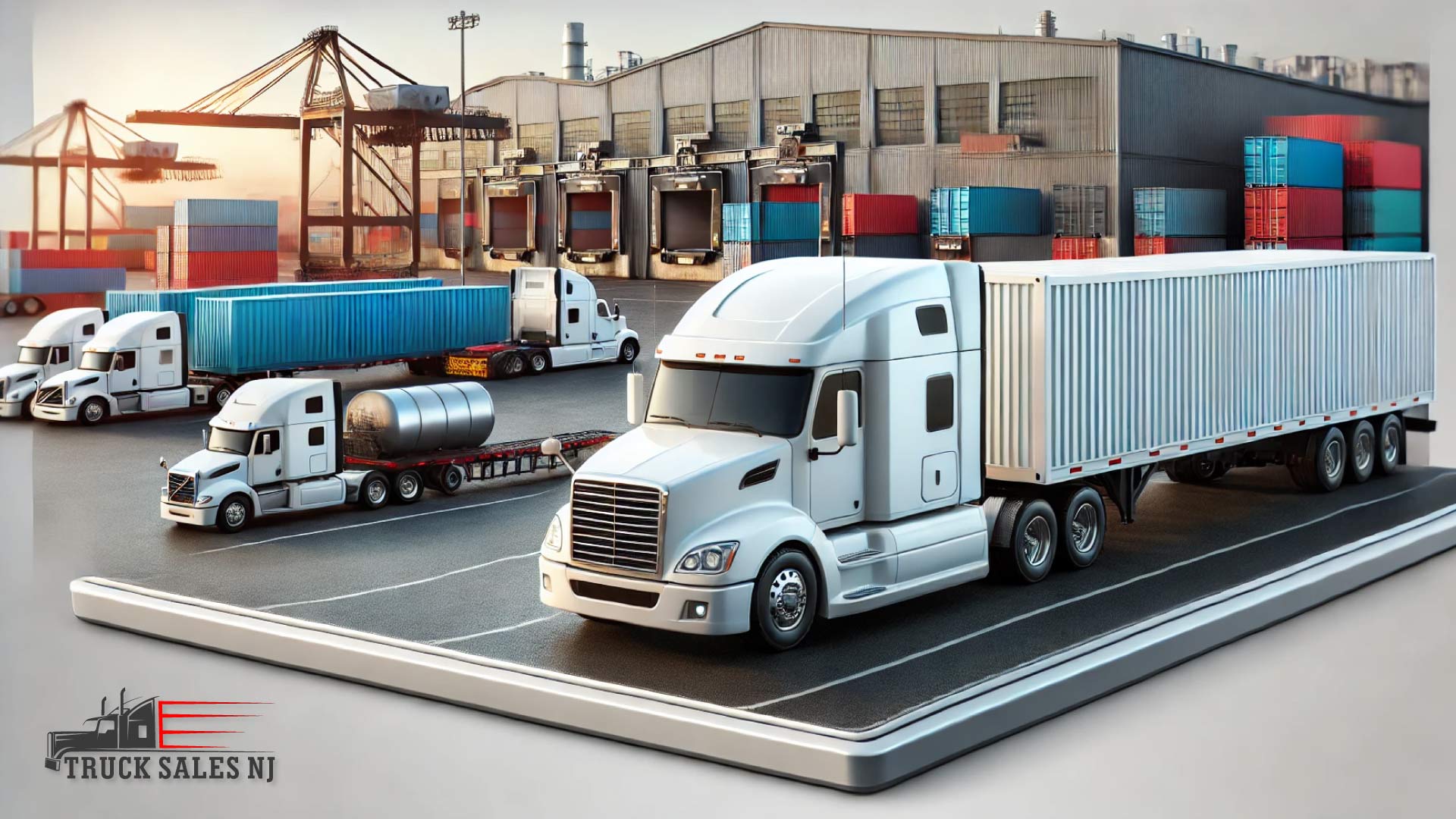Transporting cargo via trucks is a complex process that involves several variables, from proper loading to ensuring safe delivery. Whether you’re new to the industry or seeking to improve your operations, here’s a comprehensive guide on what to consider when moving cargo.
Choosing the Right Vehicle
One of the first factors to consider is the type of vehicle required for transportation.
Size and Load Capacity
Certain cargoes require specialized vehicles. For example, refrigerated trucks are used for perishable goods, while flatbed trucks are required for large, bulky items.
Proper Cargo Packing and Loading
Packing and loading cargo correctly is crucial for the safety and efficiency of transport.
Packing
Proper packing ensures cargo is protected during transit. Use suitable materials such as bubble wrap, foam padding, and pallets. Heavy items should be packed in the bottom and lighter ones on top.
Loading
The way cargo is loaded onto the truck can impact safety and efficiency. Heavier items should be loaded first, and the weight should be distributed evenly to avoid tipping.
Compliance with Regulations
Transporting cargo involves following several regulations, from load limits to safety procedures.
Load Limits
Every country has its own regulations regarding the maximum weight a truck can carry. Overloading can result in heavy fines, so ensure you’re aware of these rules.
Safety Regulations
Safety regulations, such as securing cargo properly and providing the necessary documentation, are also important to comply with.
Insurance and Liability
Understanding the aspects of insurance and liability is crucial for mitigating risks in cargo transportation.
Cargo Insurance
Cargo insurance covers any loss or damage to the cargo during transit. It’s essential for financial protection against unforeseen events.
Liability Coverage
Liability coverage protects against legal claims if your truck is involved in an accident causing damage or injury to others.
Route Planning
Effective route planning can save time, fuel, and costs.
Optimizing Routes
Optimized routes help avoid traffic congestion and reduce travel times. Using route optimization software can make this process easier.
Weather and Road Conditions
Consider the current and forecasted weather conditions, as well as the road conditions along your route. Poor weather or road conditions can lead to delays and safety hazards.
In conclusion, transporting cargo in trucks requires meticulous planning and consideration of numerous factors. By taking into account vehicle selection, cargo packing, regulatory compliance, insurance, and route planning, you can ensure a smooth and efficient transportation process.
As a comprehensive service provider in New Jersey, they typically offer an extensive selection of trucks suited for various cargo transportation needs, from light-duty vehicles to specialized trucks. Check out inventory!













